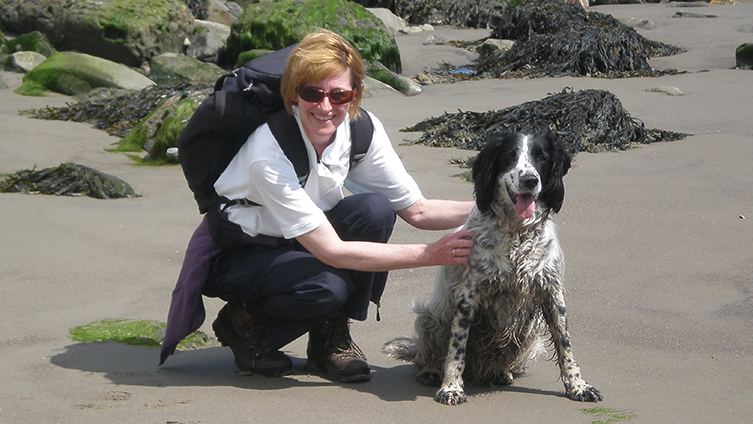
Have you ever received a story critique that used words like inconsistent point of view, mixed or erratic viewpoint, or headhopping?
Receiving that, you either clapped hand to forehead and groaned, “Of course – it’s so obvious when it’s pointed out.” Or, you clapped hand to forehead and said, “Huh? What does that mean?”
Your viewpoint character is the person whose story it is.
Take Celia. New job, her first pay day. Now she’s on her lunch break, shopping…
She’d been all along the high street, the money burning a virtual hole in her pocket. And then she stopped, staring into the shoe shop’s window.
Them! They were her dream shoes: purple leather with kitten heels, and just look at that cute little bow at the heel. Soooo beautiful…. She had to have them.
She tried them on. They fitted like they were meant for her, though to be honest they were so gorgeous that she’d have bought them even if they’d crushed her toes.
“They’re perfect,” she told the assistant. And I’ll wear them out with the girls tonight, she thought.
This is clearly Celia’s story. It’s as if we’re sitting on her shoulder seeing everything through her eyes. We’re in her head, hearing her thoughts. We feel her glee. That’s what’s called being in her viewpoint.
Now, Celia’s colleague Val would love some new shoes, too, but her pay packet’s already spoken for with a car repair.
Because this is Celia’s story, remember, we’re party only to Celia’s thoughts, so we can have:
Back at work, Celia noticed the flash of envy on her colleague Val’s face when she gave the girls a twirl in her new shoes.
Aren’t they fab, she trilled, still brimming with delight. Too late she remembered Val saying she needed new shoes but was broke this month.
See? Still only Celia’s thoughts and feelings. We see Val’s envy but don’t feel it. What we can’t have, since this is Celia’s viewpoint, is also hearing Val’s thoughts:
“Aren’t they fab,” Celia trilled, still excited. Too late she remembered Val saying she needed new shoes but was broke this month.
I so want those shoes!, Val thought. Maybe I should just sell the car…. Though she knew it would make getting to work really awkward.
Hopping from Celia’s thoughts into Val’s like this is a viewpoint flip-flopping, also called head-hopping, and to be avoided in the short story.




